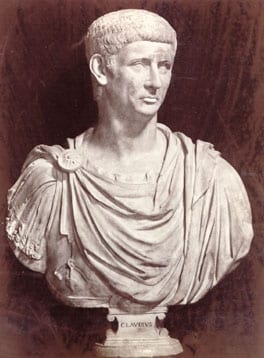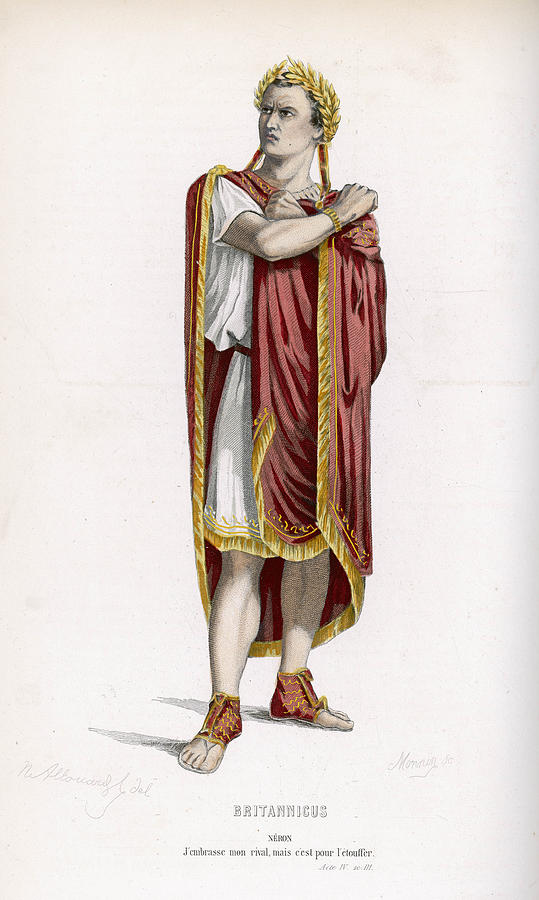

In July of 64, the Great Fire of Rome broke out and lasted for six days. He began murdering anyone who became an obstacle to him his victims include his own wife and mother as well as his step-brother Britannicus-Emperor Claudius’s biological son. Although his regime began with mildness and idealism, it ended with cruelty and tyranny. Nero’s legacy, however, is not a pleasant one. He also enjoyed athletic competitions and took part in many chariot races, even winning a race in the Olympic Games at Greece.

Nero loved the arts and was an accomplished singer and musician. Thanks to the guidance of his advisers, namely the Praetorian Prefect Burrus and the famous Roman philosopher Seneca, Rome maintained a stable government during his early years. The early years of Nero’s rule were marked by an enhancement of the cultural life of the Roman Empire. Nero was the “Caesar” to whom Paul appealed for justice during his trial in Caesarea (Acts 25:10–12). Also during Nero’s reign the apostle Paul was confined to house arrest in Rome (AD 60-63), where he wrote Ephesians, Philippians, Colossians, and Philemon. In fact, approximately fourteen of the New Testament’s twenty-seven books were written in whole or in part during Nero’s emperorship. Although still in its infancy, Christianity was spreading rapidly during this time. Nero took the throne approximately two decades after Christ was crucified.

His reign lasted nearly fourteen years, until AD 68 when he committed suicide at the age of 30. Nero was adopted by his great uncle Claudius to become his successor, and upon Claudius’s death in AD 54 Nero became the youngest emperor at age 16.

Nero, along with Rome’s first four emperors-Augustus, Tiberius, Caligula, and Claudius-made up what is called the Julio-Claudian dynasty. Born Lucius Domitius Ahenobarbus in December of AD 37, Nero became the fifth emperor of Rome.


 0 kommentar(er)
0 kommentar(er)
